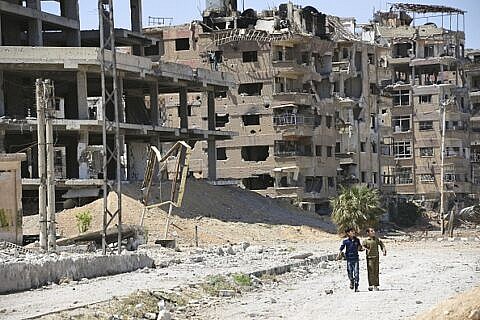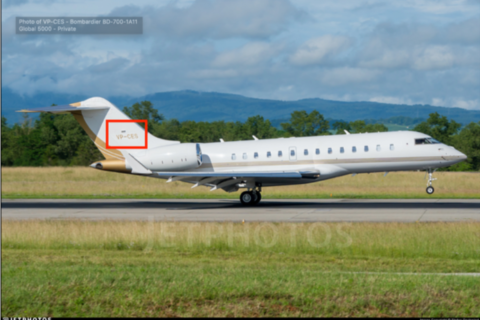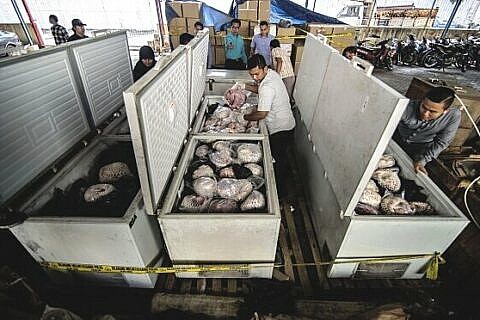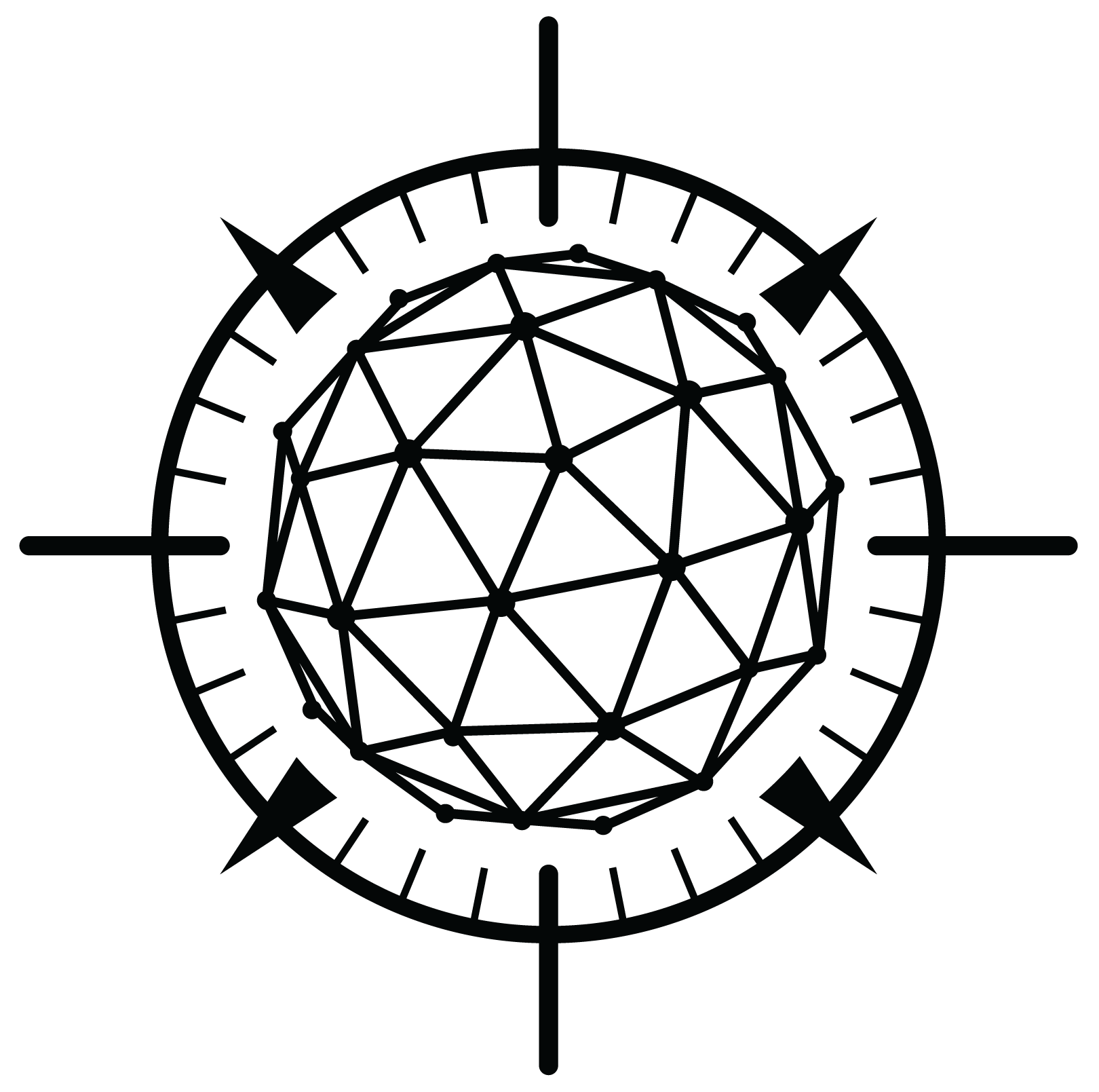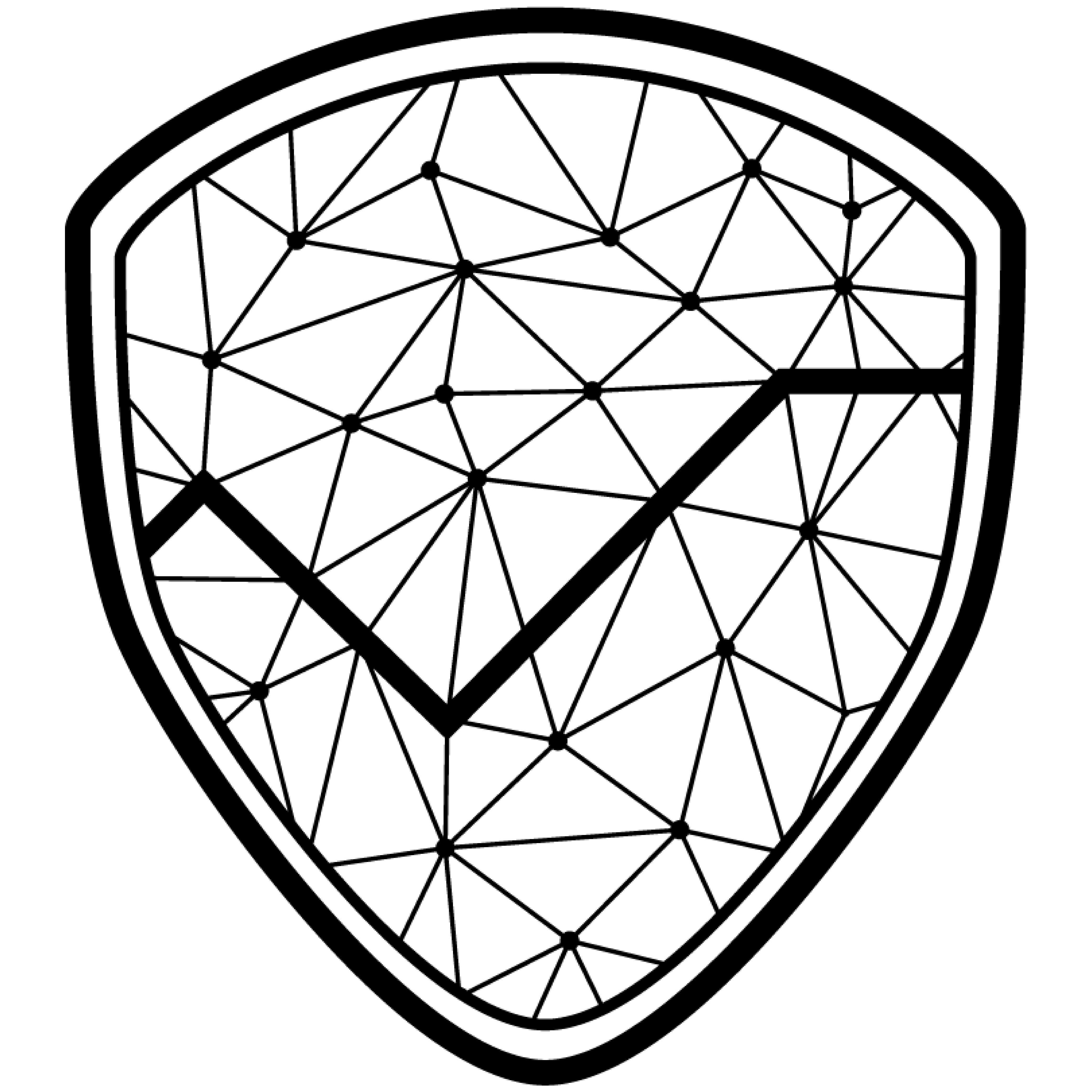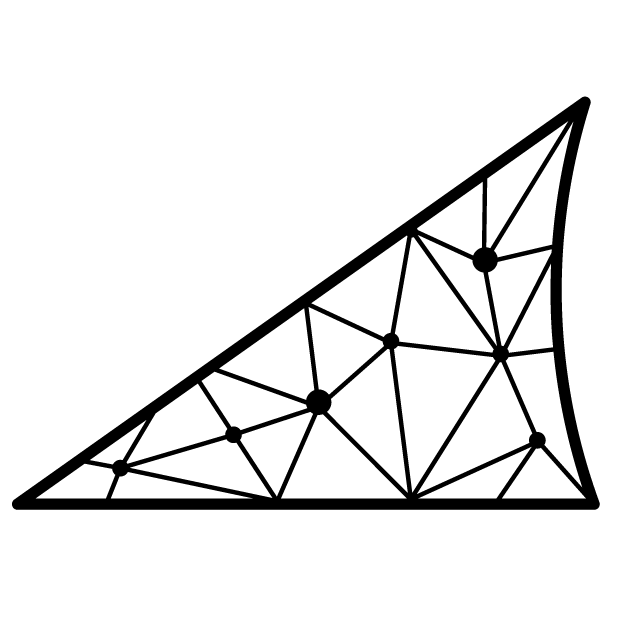The Illicit Networks Funding Conflict In Sudan
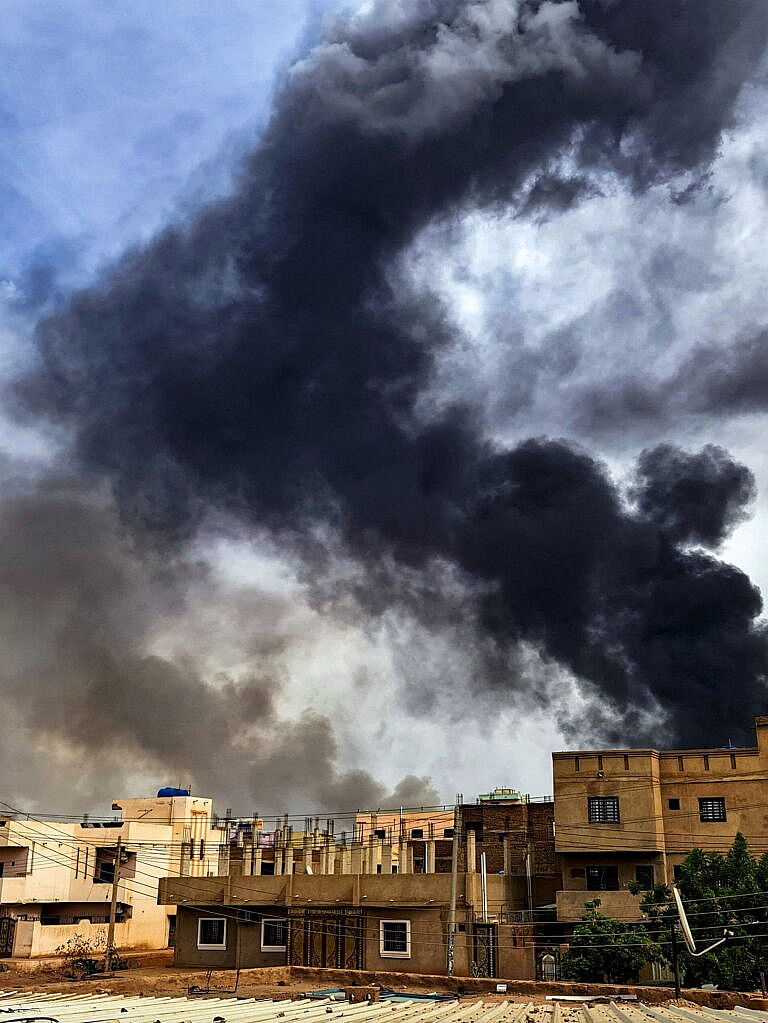
C4ADS details how recently-sanctioned Sudanese and Russian entities have contributed to funding the conflict in Sudan through a history of systemic corruption, malign foreign influence, and civil repression.
The United States Department of the Treasury today sanctioned three entities or individuals for their role in illicit finance, ongoing violence, and the thwarting of democratic transition in Sudan.
The sanctioned entities are part of a group of illicit actors in Sudan that C4ADS has researched since 2019 due to their roles in systemic corruption and Russian malign influence, and has contributed to the conflict that rages in Sudan today.
Some of these newly-sanctioned entities, including GSK Advance, were covered in our June 2022 report, Breaking the Bank. Others have been a target of ongoing C4ADS analysis of illicit actors in the region.
In Breaking the Bank, C4ADS identified over 400 state and security service -owned enterprises in Sudan which have allowed both the Rapid Support Forces and Sudanese Armed Forces to entrench their economic power.
Reports indicate that GSK Advance is a company run by Hemeti’s brother. GSK Advance, widely recognized as a front company for the RSF, also appeared to host the website domain of at least 12 other RSF-affiliated companies.
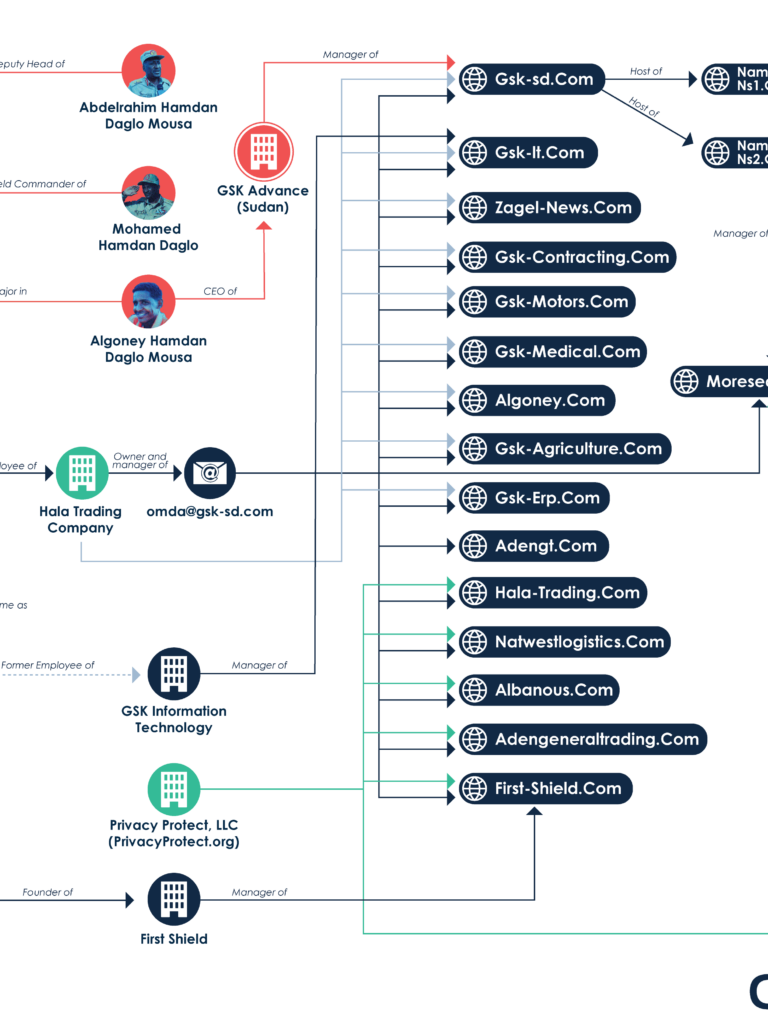
Companies like GSK Advance are a part of the network that enables the RSF to control key nodes of the economy. Our report found that GSK Advance was affiliated with Al Khaleej Bank, which is Sudan’s second largest bank by public valuation. We found that one of the former shareholders of Al Khaleej Bank had a website operated by GSK Advance.
Al Khaleej has secondary international correspondent banking relationships in the United States, United Kingdom, and countries in the European Union. Citing official documentation, we showed that the network of the leader of the RSF, Mohammed Hamdan Dalgo Hemedti, owned at least 28.35 percent of shares in Al Khaleej Bank. Since Breaking the Bank was published, continued analysis has shown that Hemedti’s network may control as much as 58.28 percent of the bank.
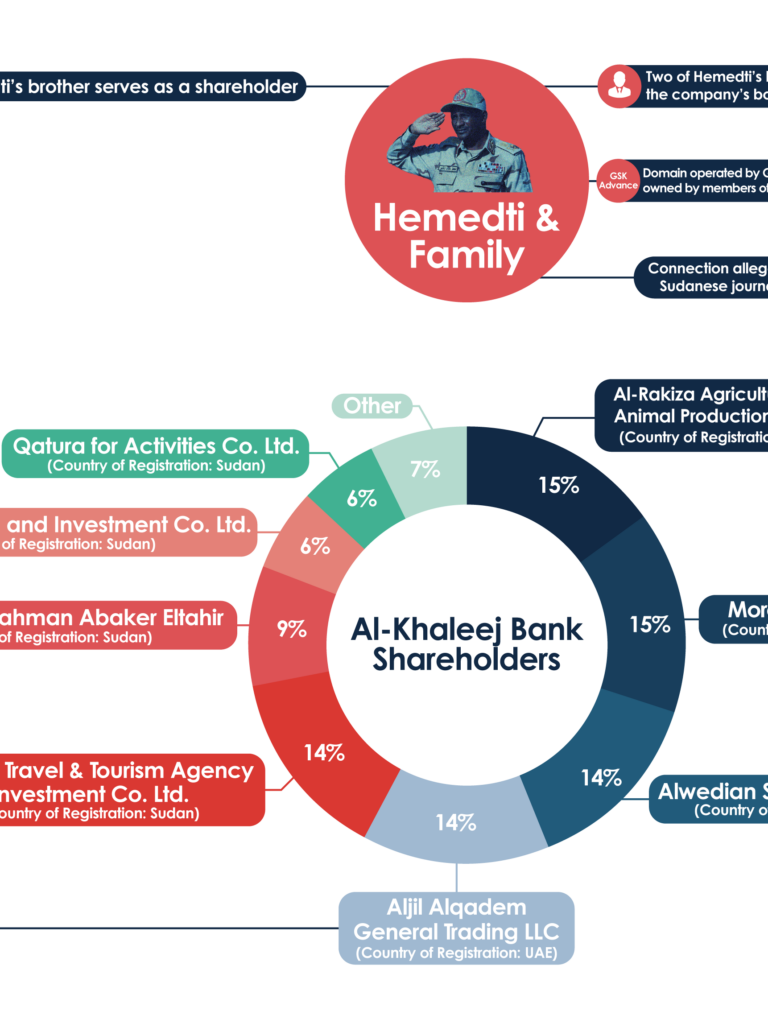
Corporate entities like GSK Advance and Al Khaleej Bank have siphoned resources from Sudan’s civilian economy to fund the RSF, which has recently been accused of supporting the Arab militias responsible for renewed ethnic violence in Darfur.
The actions of Sudan’s warring generals against a backdrop of malign foreign interference have left permanent scars on the country. More than five million people have been displaced due to conflict in Sudan. Reports of atrocities in Darfur mirror the worst days of the 2003 genocide.
Going forward, C4ADS will continue to use publicly available data and emerging technologies to disrupt, dismantle, and defeat illicit activity, whether it be through detailing the financial networks which prolong conflict or mapping the war in Sudan, including with our Sudan Shahid map.
The financial systems highlighted in OFAC’s recent listing are only one part of a process to end conflict in Sudan. Our organization is monitoring the role of illicit networks that facilitate the war in Sudan, both on a regional and international scale. The leaders of both the Sudanese Armed Forces and Rapid Support Forces rely on international financial and business networks to further their war aims. As the war in Sudan continues, we will continue our mission to identify and defeat these illicit networks.
